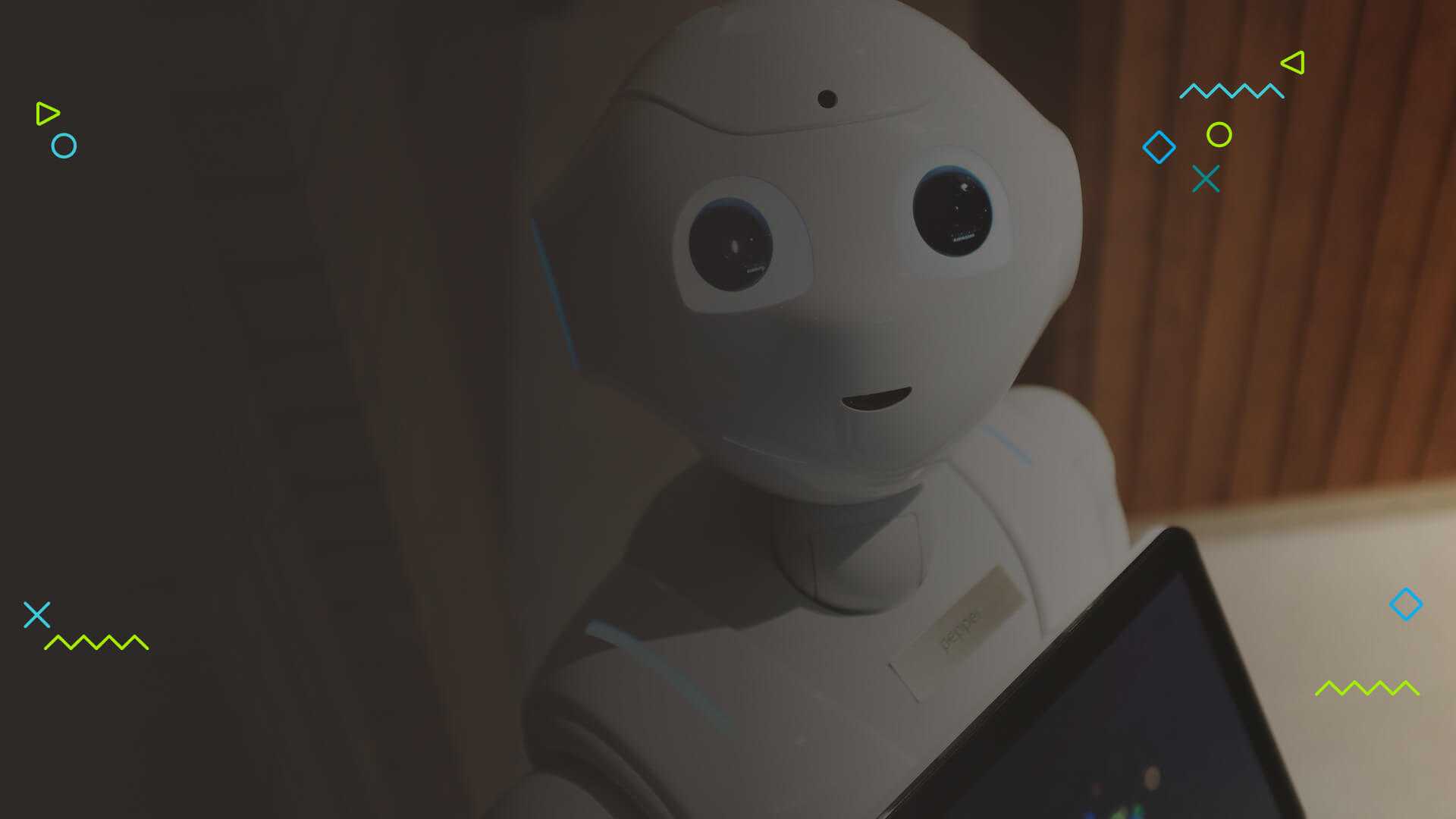Rust is a multi-paradigm, general-purpose language. This programming language is well-known for its higher level of memory safety, without using a garbage collector, compared to C++ with which Rust is often compared. In Rust, memory management is manual, allowing the developer to control this process better.
Rust vs. other languages
- Rust vs. C++ and C
Rust is considered as an alternative to C and C++ with a strong focus on code safety. In C ++, it's much easier to overlook problems in the code. It is also common to compare the speed of Rust vs C.
Rust still isn't as popular in game development as C++, mainly because it's a newer language with fewer frameworks. However, with increased interest in Rust, its use in game development is gaining more and more favor.
In Rust, developers are able to create mutable references or multiple immutable references. For that reason, Rust can resolve common memory errors without a garbage collector, which ensures a higher performance in Rust than in Golang.
Both Rust and Go are good choices for building web services, command-line interfaces (CLIs), and system programs, etc.
Rust and Python have different focuses and strengths. Rust prioritizes safety, speed, and concurrency, while Python emphasizes readability, ease of use, and versatility. Rust is typically faster than Python and has a lower memory footprint, making it a good choice for performance-critical applications. Python has a larger library ecosystem and is easier to learn, making it better for rapid prototyping and general-purpose programming.
When to use Rust?
The Rust programming language is a good choice for projects that involve:
- system programming, when you have to control low-level details,
- a necessity to ensure high performance – Rust can replace crucial software parts without the need to rewrite the whole code,
- embedded and bare-metal development.
Why use Rust language?
Rust offers high performance without compromising memory safety and has strong support for concurrent programming. A growing and active community looks after language development. What is also important is the number of Rust packages at the crates.io repository is still increasing, and this programming language ensures backwards compatibility and stability.







